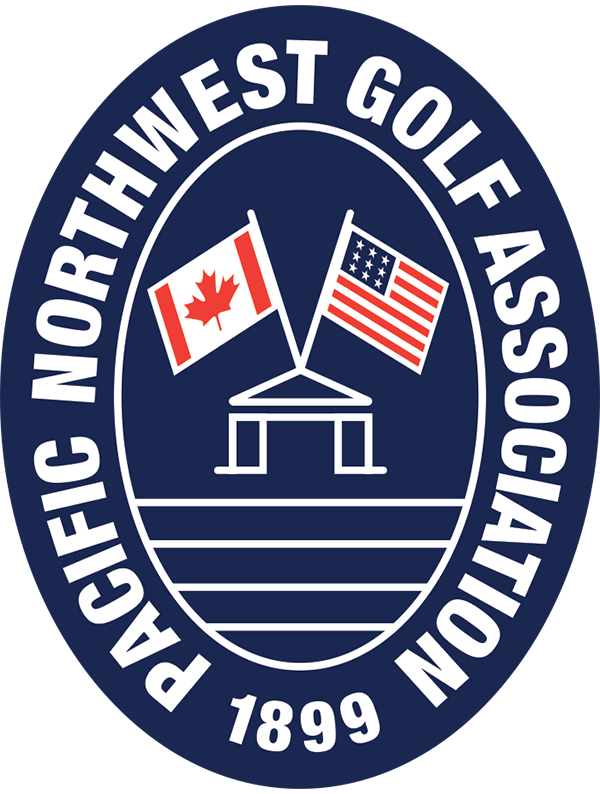Missing limbs turns into making putts for Nick Kimmel
Golf is a challenging game. No two course designs are the same. Weather elements change by the day (if not hour or minute). Mental acuity could be spot-on one round and out of bounds the next.
And then throw in playing the game without both arms and both legs. Talk about difficult.

So goes the story of 32-year-old Nick Kimmel, who grew up in Moses Lake (population: an iota above 23,000 souls), located just about in the middle of the state of Washington.
Nick fell in love with golf as a youngster, spending the long summer days of his youth playing and practicing, eventually becoming a scratch player. But despite the accomplishment, being the next Tiger Woods was not in the forefront of his mind.
Rather, he had a superseding drive, and that involved serving his country as a member of the U.S. Marine Corps. Nick’s military career commenced in 2008, departing the Evergreen state for Camp Pendleton in California to become a combat engineer. Then it was off to Okinawa, Japan, more than 6,000 miles away and site of the last and one of the bloodiest battles of World War II.
Combat didn’t enter Nick’s picture until he was deployed to Afghanistan in 2010 and again the following year, which coincided with a major escalation of the U.S. mission, the death of Osama bin Laden in neighboring Pakistan, and the approach of the 10th anniversary of the Afghanistan war.
Tensions were high during Nick’s second tour of duty, and casualties and tragedies were common – and he was unfortunately on the receiving end of the escalating violence.
In December 2011, while building a patrol base for the Georgian army, to protect other soldiers Nick jumped on a 40-pound improvised explosive device (IED). The explosion ripped through his body. Miraculously, he survived, but lost both legs above the knee and his left arm above the elbow.


What followed were several years of surgeries, rehabilitation efforts, more surgeries, more rehab efforts, resignation, acceptance, and rising again.
“What also tortured me was the notion of never playing golf again,” said Nick. “The desire wasn’t there, and the primary thought was that missing limbs would cause me to sit on the sidelines forever.”
But in 2016, Nick did pick up a club, but only casually, out of curiosity. Learning to swing, putt and think with only one natural, working limb was a challenge so difficult to overcome that most amputees give up without trying. And he struggled, playing with just the one arm.
“Early on, it was difficult learning to play with one hand holding onto the club for a whole round,” he said. “I tried to figure out how to hit a ball with a lie below my feet. It’s like trying to hit a golf ball with all your weight on your heels.”
All that would change in 2018, when Kimmel was introduced to On Course Foundation by fellow Marine veteran and playing partner Jesse Williamson and another military service member. For the first time since 2011, Nick felt he might be able to get serious again about the game.
On Course Foundation serves wounded, active and retired military men and women who love the game of golf and those who are first being presented with golf as a rehabilitation mechanism. It helps members develop playing abilities while teaching career skills to work in the golf industry, then placing them in jobs with major companies like Callaway and ClubCorp as well as at golf courses, country clubs and resorts. Since 2010, more than 2,000 wounded veterans have benefitted from On Course Foundation learning programs in the U.S. and Europe.
Nick was especially stoked by the foundation’s signature event, the Simpson Cup, a Ryder Cup-style match between wounded veterans from the U.K. and U.S. The 2022 edition will be held August 28-31 at New Jersey’s Baltusrol Golf Club, site of seven U.S. Opens and two PGA Championships.
“The Simpson Cup gave me a goal to strive for again,” he said. “I so much wanted to make the team and compete against my fellow veterans. The camaraderie is extraordinary, and we all feel deep military bonds with new friends and old when we’re together at Simpson Cups and between each event.

“Score matters, but the similarities of service members help us relate to society and improve our personal, family, professional attitudes and lives.”
Nick worked hard to qualify for the 2021 Simpson Cup team and, over the past 18 months, honed his physical and mental skills in adaptive golf tournaments nationwide. He also benefitted from osseointegration surgery on his legs, which inserts a metal implant into the bone which attaches directly to a prosthesis, and which provided much better feel on the course.
Currently playing to a 12.8 Handicap Index, his aim is to get into the mid-single digits, a feat most golfers – with all body parts intact – struggle to achieve.
“Golf gives me something positive to focus on and helps put the negativity of the past behind me,” Nick says. “I play six or seven rounds weekly. I feel like new life has been breathed into me.”
Next on the tee for Kimmel: the foundation is helping him transition to a job in the golf industry. “I love the game,” he says, “and any position in the business of golf is a blessing.”






